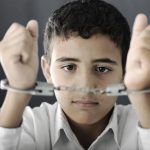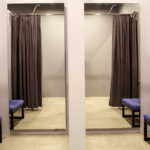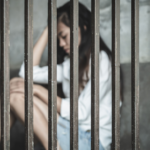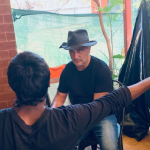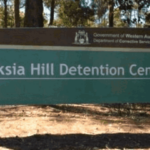WA Kids in Adult Prison Crisis Worsens, Despite State Having Proven Punitive Measures Fail
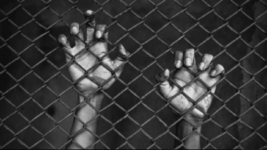
Civil society groups and the judiciary had long been breathing down the neck of WA’s Banksia Hill child prison in regard to its abuse of inmates via the use of solitary confinement, when last July, after further unrest, the authorities sent 20 youths to Casuarina maximum-security adult facility.
The WA justice department raises the chronic understaffing at Banksia as having necessitated the isolation of children, often for extended periods, despite solitary confinement use on youths, as well as its prolonged use in general, breaching international minimum standards for inmates.
WA Children’s Court president Hylton Quail remarked in early 2022 that the young at Banksia are treated like animals via the practice of isolation. But as it simply continued on, more disturbances erupted and a “difficult cohort”, one as young as 14, were transferred to Casuarina’s Unit 18.
So, when these young bastardised and demonised Unit 18 detainees rioted on 15 April, injuring seven prison officers, the McGowan government feigned surprise, labelling the youths “appalling”, and has since continued on with the arrangement, with further incidents occurring.
However, key WA prison reformist Megan Krakouer, the Perth Citizen of the Year, asserts that not only are authorities refusing to look beyond the punitive when dealing with lawbreaking youths, but the state of WA has already shown in practice that its well aware other methods are more effective.
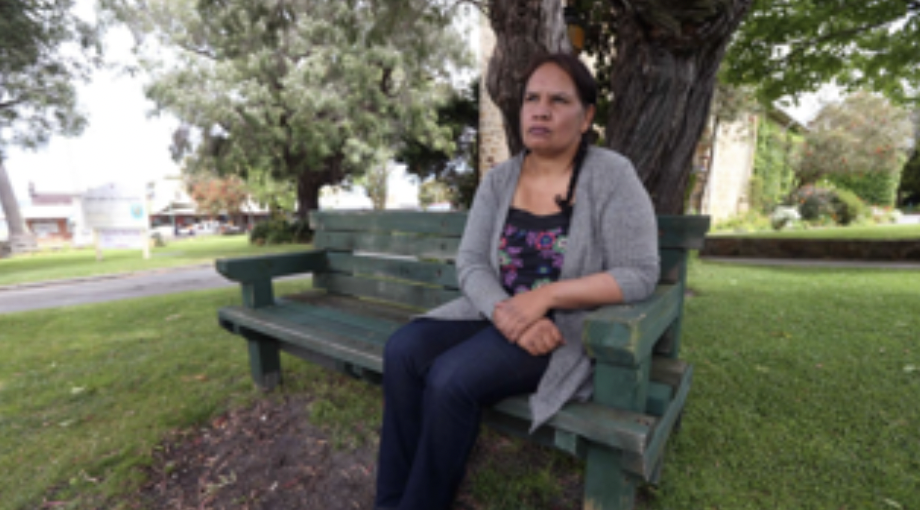
“Out of sight, out of mind”
“The Supreme Court has found the endless near indefinite locking up of children in their suffocating cells unlawful and, therefore, in contempt of the law,” said Krakouer. “This is not about staffing levels of guards. Whether the staffing levels are low or high, the incidents continue.”
“In the end, the children are fighting back and climbing into roof cavities and onto rooftops at Banksia and Unit 18 because they cannot take it anymore,” the director of the National Suicide Prevention and Trauma Recovery Project (NSPTRP) told Sydney Criminal Lawyers.
Krakouer, a Menang Noongar woman, relates that the transferring of kids to an adult prison, almost a year ago, was a quick fix by government to hide them. And this is despite multiple inquiries and rulings having determined that warehousing kids in adult prisons is a breach of human rights.
According to Krakouer, what’s being unacknowledged here is that these youths have been disadvantaged from the beginning, with half in state care. And rather than supporting them with pathways forward, the state has locked them up in an environment designed for adult offenders.
“The government and the department of corrective services are missing an ethos of care. They instead have given up on these children and practice the punitive on them, readying them for a life as adults in-and-out of gaols,” Krakouer made clear.
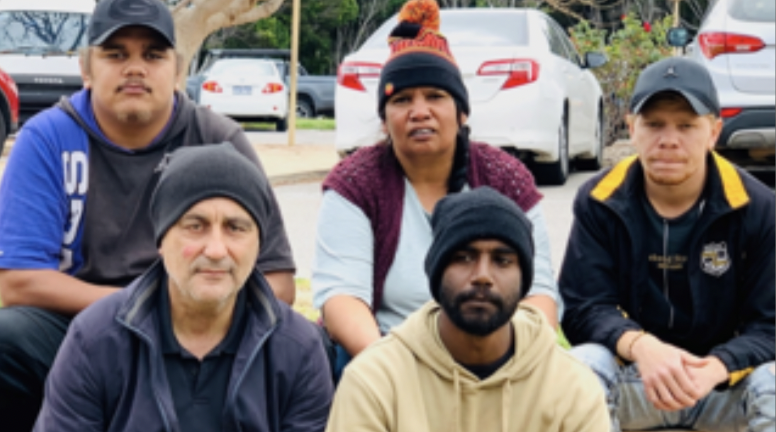
Restorative practices utilised effectively
In elaborating on how staffing shortages are no excuse for the brutalisation of kids, Krakouer recalls that WA Corrective Services called her and NSPTRP colleague Gerry Georgatos to a meeting to ask them to provide restorative services at Banksia Hill on commencement of the first COVID lockdown.
“The staffing levels at Banksia were at their record lowest,” Krakouer explained. “They asked us to deescalate incidents and calm the expected turbulence. And this was a big ask, when you consider everyone else had failed for years.”
But, despite the inability of WA corrections authorities to deal with crisis incidents over a prolonged period, Krakouer and Georgatos deescalated all potential incidents over an eight week period, engaging with each child using age-sensitive listening and mentoring techniques.
“We refused offices and instead spent all our time with the children, in their compounds, in private sessions and recreational settings,” Krakouer added. “We had no incidents we couldn’t deescalate, when staffing levels were at their record lowest, and this was compounded by the quarantine.”
So, why did this system that was succeeding come to an end? Well, as Megan tells it, the correctives commissioners planned to extend the program for a further 15 months, when the McGowan government blocked the move, due to rumblings about a class action.
“Destroying and effectively killing them”
Led by Levitt and Robinson Lawyers, the Banksia Hill Class Action was officially launched in 2021, following “the horrors and rights contraventions” that Georgatos and Krakouer had witnessed firsthand inside Banksia. And so far, the pair have signed up more than 700 plaintiffs.
“The class action is in the Federal Court. And the days of accountability, discovery and transparency in a court setting are fast approaching,” Krakouer warned. “The government of Western Australia, corrective services and the state of WA will be on trial – and they will have to account.”
The prison abolitionist added that the issues that led to the recent riot in Casuarina’s Unit 18 are the same problems, which include excessive use of restraints, constant strip searching, and especially the often-prolonged use of solitary confinement, that have led inmates to pushback at Banksia Hill.
“The solutions are simple”
“A maximum-security adult prison is the worst message to at-risk children who are heavily demonised by government and some media,” Krakouer maintained. “The Unit 18 children talk to adult prisoners through the fences, so separation is a subjective portrayal – no physical contact.”
The 2023 Perth Citizen of the Year underscores that there is an alternative to punishing and incarcerating children as young as 10 years old, and that’s more of the type of direct counselling and mentoring that was provided to and worked with Banksia Hill detainees during the pandemic.
However, this should not be occurring in the carceral setting. Krakouer outlines that the government needs to abolish the use of Unit 18 straightaway, while working towards closing Banksia Hill gaol, which has long been notorious as a centre where children are mistreated at the hands of adults.
And at Banksia Hill, as with all prisons nationwide, the problems faced are disproportionately impacting First Nations, as the figures indicate that in 2021-22, 64 percent of youth inmates were Indigenous, whilst they only accounted for 6.4 percent of the general WA populace aged 10 to 17.
Krakouer envisages a system of age-sensitive and culturally appropriate restorative centres throughout the state that provide children who break the law with services that address their adolescent needs, rather than torturing them via prolonged isolation in stark little rooms.
The McGowan government, however, has refused to permit restorative justice pathways that had already proven effective, as it has instead become obsessed with blocking the class action, which was prompted by the very same individuals who’d revealed the better way forward.
“If it was any of their children or nephews and nieces, I am sure they would have rolled out the red carpet for us to work with their loved ones,” Krakouer said of WA ministers.
“If we can win the trust of these most troubled children in eight weeks – half, at least, who had no safety nets, and I emphasise we are not miracle workers – then the solutions are simple and in no way complex,” she concluded.


